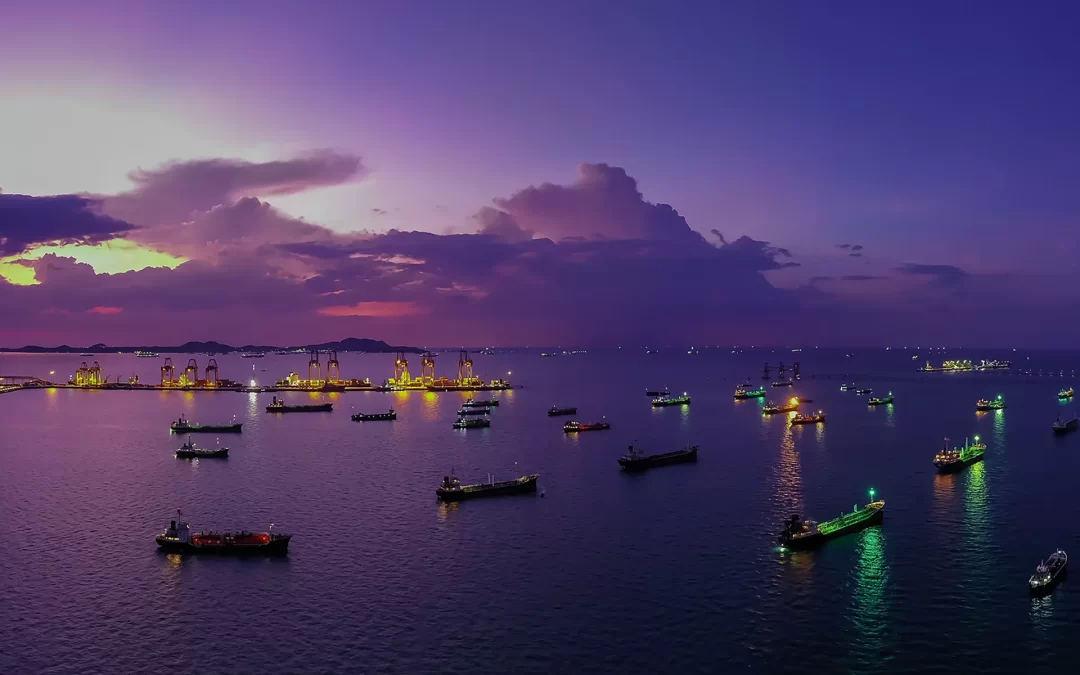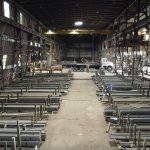Japanese shipping major NYK and TB Global Technologies have received approval in principle (AiP) from classification society ClassNK for a ship-to-ship bunkering boom for ammonia fuel.
TBG is Japan’s manufacturer of cargo-handling equipment for crude oil, Liquefied Natural Gas (LNG), and other liquids. NYK and TBG expect to enhance the safety of supplying ships with ammonia, which is highly toxic, by employing TBG’s technology to ensure the liquid does not leak.
The approval, dubbed the “world’s first”, was received on July 31, 2024.
According to NYK, the most distinctive feature of the boom is a TBG-developed emergency-release system that allows the connection between an ammonia-fueled vessel and an ammonia bunkering vessel (ABV) to be disconnected instantly in an emergency.
In acquiring the AiP, NYK provided design data for its in-house developed ABV.
In addition, to improve the safety and operability of the equipment, NYK provided knowledge on the handling of ammonia gained by NYK from its ammonia-transport business and knowledge gained from Kaguya,
Japan’s first LNG bunkering vessel. Kaguya is operated by Central LNG Marine Fuel Corporation, of which NYK is the largest shareholder.
Ammonia-fueled vessels are being researched and developed worldwide as next-generation fuel vessels that are friendly to the natural environment. One such vessel, an ammonia-fueled medium gas carrier (AFMGC) scheduled for delivery in November 2026, is being developed by a consortium that includes NYK.
The 40,000 cbm type ammonia fuel ammonia carrier, to be built at the Japan Marine United Corporation (JMU) Ariake Shipyard, is scheduled for delivery in November 2026. Japan Engine Corporation will produce the ship’s main engine, an ammonia-fuel dual-fuel two-stroke engine, while IHI Power System will provide the auxiliary engine.
The prototype vessel obtained an Approval in Principle (AiP) in September 2022 after a safety verification process that included ClassNK confirming the safety concept and risk assessment.
The bunkering boom is being developed for installation on ammonia-fueled vessels that are expected to become popular worldwide starting in the late 20s.
Source: Offshore Energy






